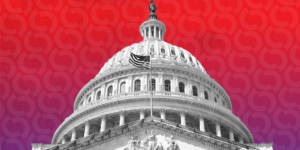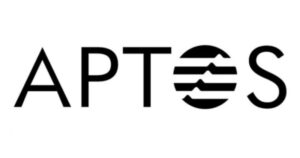Panama’s “Crypto Law” came to a grinding halt today after President Laurentino Cortizo partially vetoed the bill.
President Laurentino Cortizo made the move on the grounds that it “requires adaptation to the norms that regulate our financial system,” according to local media La Prensa. The bill will now go back to the country’s National Assembly for debate.
At the end of April, the Central American tax haven looked like it was headed to be the next Latin nation encouraging citizens to use Bitcoin when the country’s legislature approved a bill regulating the use of cryptocurrencies.
But President Cortizo last month said he wanted guarantees that the law would comply with global anti-money laundering standards—hinting he wouldn’t sign it immediately.
“I have to be very careful if the law has clauses related to money laundering activities,” he said in a May 19 interview with Bloomberg.
The bill wants to let Panamanians buy everyday goods with cryptocurrency. Digital assets like Bitcoin, Ethereum, XRP, Litecoin and Stellar, would be a valid form of payment “for any legal civil or commercial operation,” including the payment of taxes, fees, and duties to the government.
It also formally recognizes DAOs—decentralized autonomous organizations—as legal entities and sets the framework for the country to issue tokenized securities and commodities, like gold and silver, via security token offerings (STOs).
Congressman Gabriel Silva, who helped draft the bill, today wrote on Twitter that the president’s move was a “lost opportunity to generate jobs, attract investment and incorporate technology and innovation in the public sector.”
“The country deserves more opportunities and also financial inclusion,” he added.
If the bill does eventually get signed, Panama will be the second Latin American country where citizens can spend their crypto. El Salvador became the world’s first nation to make Bitcoin legal tender in 2021. Businesses in the country have to accept Bitcoin if they have the technological means to do so.
But Panama’s bill differs to El Salvador’s Bitcoin Law as crypto would not become legal tender there—rather businesses would have a choice whether or not to accept digital assets for payment.
Want to be a crypto expert? Get the best of Decrypt straight to your inbox.
Get the biggest crypto news stories + weekly roundups and more!
















